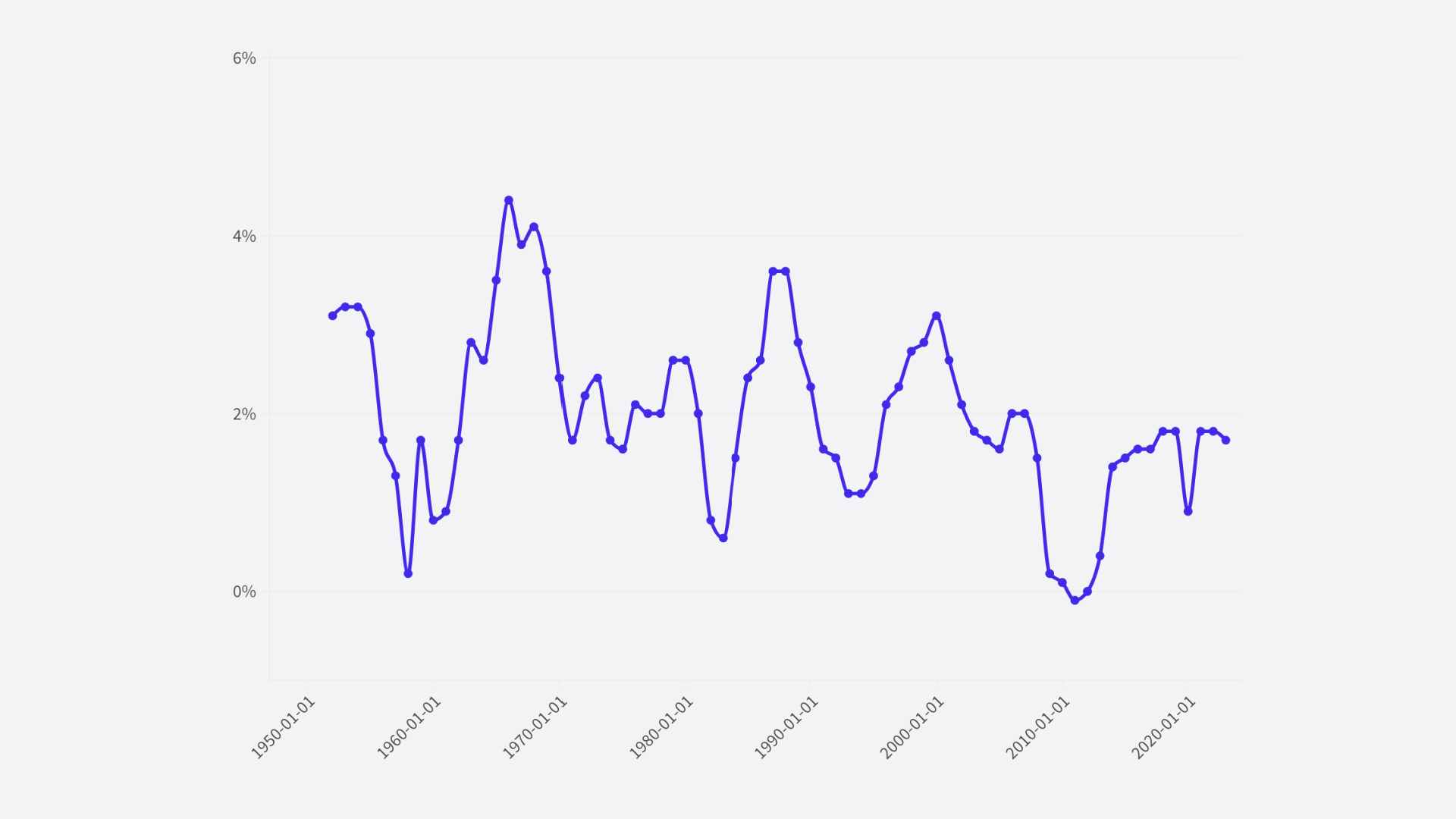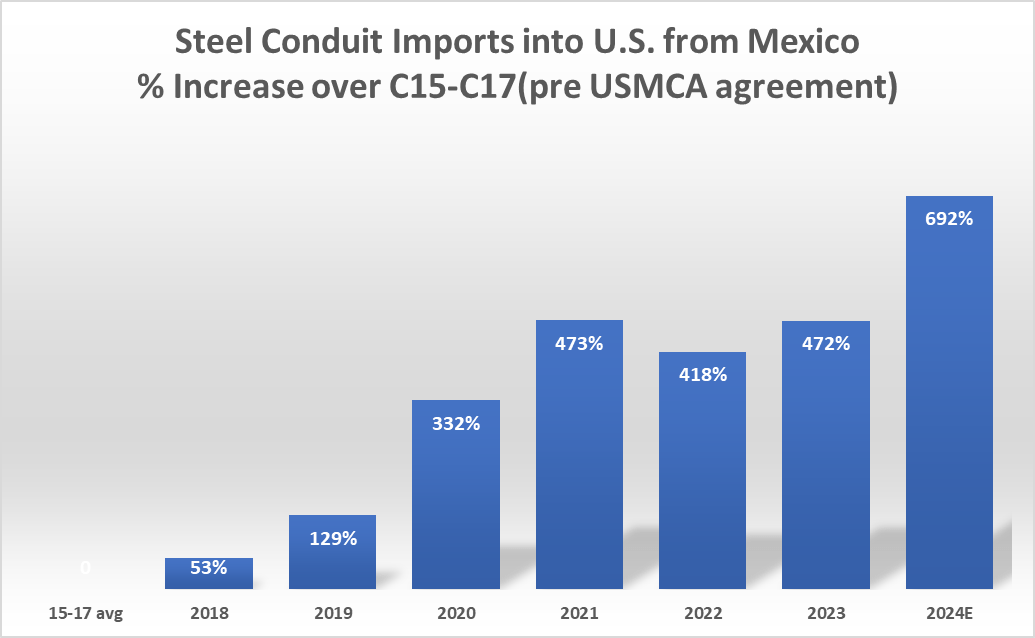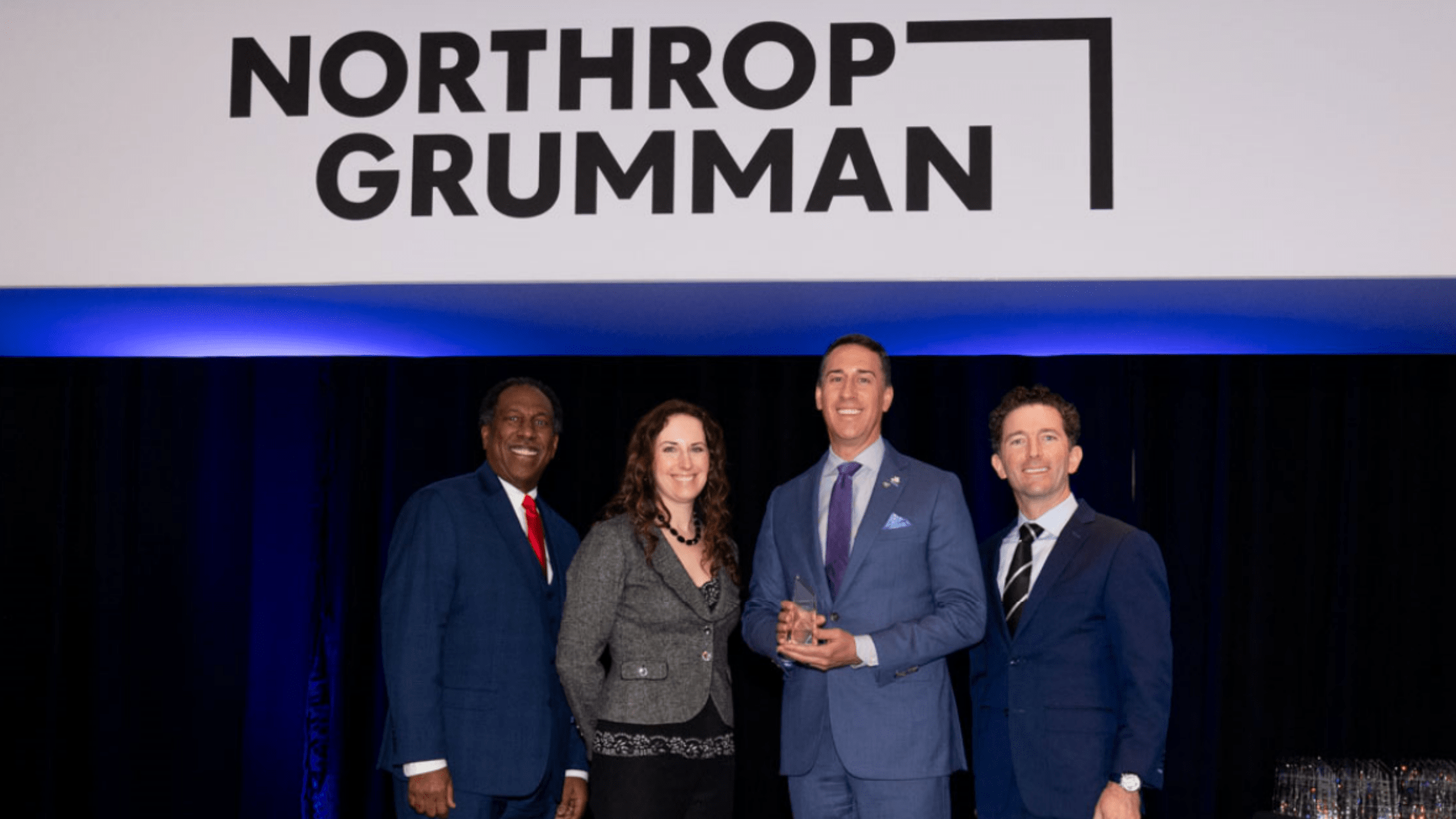While many across America have focused (rightly) on the wreckage of American factories caused by the North American Free Trade Agreement, many more families also saw their livelihoods impacted as NAFTA hammered America’s beef industry.
[Mike Schultz | October 23, 2017 | High Plains Journal]
As a family farmer in Brewster and a Local Union president who represents several thousand meat packing workers across Kansas, we can both speak to how flawed NAFTA has been for our families and friends.
Since NAFTA passed, American grocery stores and dinner plates have been flooded with beef from Canada, Mexico and elsewhere severely impacting the American beef industry.
Since 1995, fifty beef slaughter plants have closed, costing thousands of jobs. The U.S. cattle herd is now the smallest it has been since 1941—the year the U.S. joined in World War 2. This is not an industry that has been thriving under free trade. In fact, since NAFTA was passed, 13 to 17 percent of US domestic beef consumption has been met with imported beef.
In 2001, as an attempt to salvage some of the American meat industry, Congress passed labeling requirements that required fresh meat flooding into America be labelled with their country of origin. This requirement of Country of Origin Labeling, or COOL as it’s known, didn’t restrict the free trade of any of the meat coming into this country—but instead let consumers make an informed and free choice about where their food came from.
However, under pressure from global meat companies, our partners in NAFTA—Canada and Mexico – filed complaints with the World Trade Organization forcing the U.S. to repeal our labeling requirements. Now back at the negotiating table for reconsideration of NAFTA, the U.S. government should use its current leverage to convince Mexico and Canada to allow the U.S. to reinstate COOL and benefit families employed in the beef industry across America.
The reinstatement of COOL would provide a premium for U.S. cattle producers, because polls show that consumers will pay more to know where their food comes from. This premium would not only benefit the farmers and ranchers that supply the cattle needed for beef production, but also the workers in hundreds of small towns who harvest the cows. The premium would also help workers by providing ranchers with the necessary incentive for rebuilding the dwindling cattle herd. Finally, consumers would benefit from knowing that their food comes from a trusted, first-world source and would feel safer feeding their families with beef that was born, raised and slaughtered in the United States.
This couldn’t come at a better time because of the recent meat inspection scandal in Brazil, where meat coming into the U.S. and the E.U. from that country was inadequately inspected and discovered to be contaminated. Beef and poultry had abscesses, along with salmonella and E. coli contamination. Even after the news broke, without COOL, it was impossible for U.S. consumers to separate Brazilian beef from American beef. One mistake could damage consumer confidence in our entire beef supply and lead to more plant shutdowns and worker layoffs.
It is rare that an opportunity comes to revisit a trade agreement and even rarer that the negotiations present such a clear-cut opportunity to benefit a huge portion of the American agricultural economy. The Trump administration should use this chance to reinstate COOL labeling and restore American beef to its rightful place on the American dinner plate.
—Mike Schultz is an R-CALF USA vice president and COOL chairman. He is a lifelong resident of Brewster. Martin Rosas is the president of UFCW Local 2.













